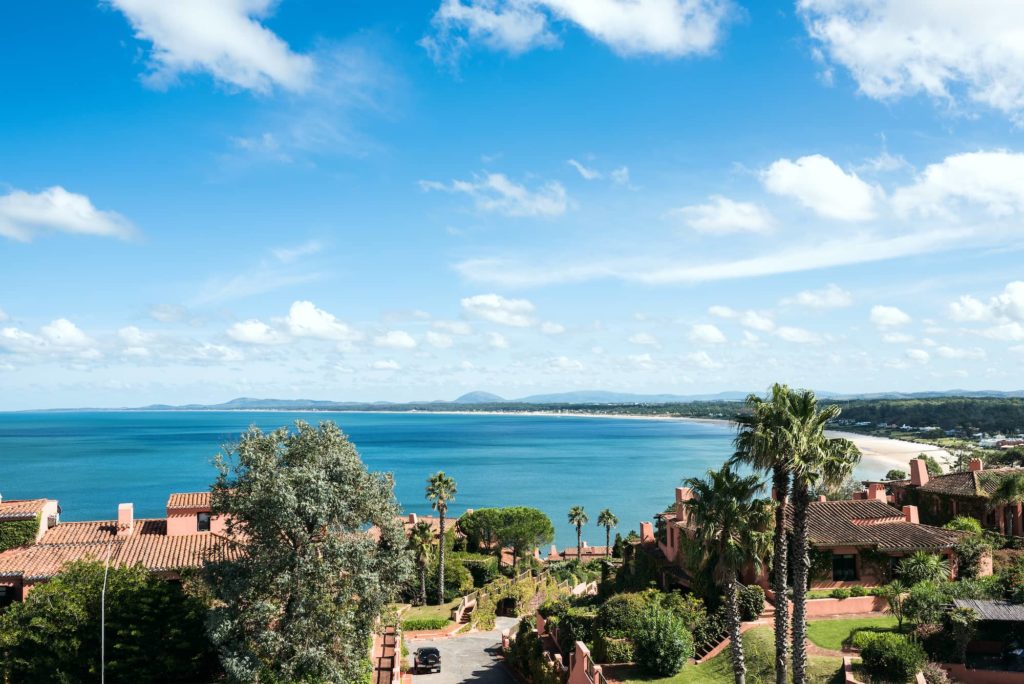Zonamerica in Uruguay
One incredible piece of the developed world on the outskirts of Montevideo has influenced the stock exchange and replicated positively in the region.
Zonamerica, located near the humble neighbourhood of Villa Garcia, the estate of over 90 hectares with 200,000 square meters of modern office buildings and huge storage facilities unfolds like a small town with neat streets, parks and services.
This free zone is the largest of the 12 operating in the country and was the first private free zone to begin operations created a quarter century ago.
Today 350 companies are headquartered in Zonamerica doing logistical, administrative, consulting, financial activities, or producing software and other information technology under a regime that exempts from national taxes. The model has proven to be successful according to executives and managers of companies within Zonamerica.
The Origins
After working a few years in Mexico, Orlando Dovat returned to Uruguay with the idea of opening a free trade zone after the free zones law was approved in December 1987.
He put the idea in motion and went looking for capital as well as a location for the entrepreneurship.
He convinced a customs broker to participate in the project: every 1% stake was worth U$S 40,000. The Development Interamerican Corporation contributed with another U$S 4.5 million and joined as a partner in Montevideo Free Zone (MFZ), as it was called in the beginning.
Location
It was a process itself to find the right spot and since specialists advised it should be near the airport and that it needed to exceed 25 hectares it was even harder. But they finally found a Salesian Agricultural school at 17.5 kilometers on Highway 8. They purchased 50 hectares for U$S 200,000 and with the permit under process, they began to open the free zone which was approved by the Executive Government in February 1990. This venture´s aim was to develop an industrial park that would bring essential services, promote cost savings, following the modern conceptions that had been installed worldwide.
Growth Non-Stop
Since then, Zonamerica was authorized to expand from 50 to 90 hectares in 2003. The number of companies also grew from 40 in 1997, reaching up to 70 companies in 1999 and 105 in 2002. The barrier of 150 was reached in 2006 and it had over 300 in 2011. Today there are about 350 companies operating in Zonamerica.
Owners
Today the company belongs 100% to Zonamerica Bahamas Limited, whose owners are Dovat and other shareholders through America Real Estate Investments (56.5%) and the Belgian Fernand Huts business group (43.5%)
Reinvesting
Until now, Zonamerica has not distributed dividends but always reinvested earnings. During 2014, Zonamerica billed U$S 53.9 million, a figure that keeps increasing pushed mainly by existing customers looking to grow by expanding the leased area. That translates into more continuous investments in building and infrastructure and services, including technology.
Now that Zonamerica has completed the cycle with better distributed interests and has easier access to credit to finance the construction of new buildings, the time has also come to open the capital of the company in the stock market. This initiative also includes support from abroad, and from the stock exchange of Montevideo that has encouraged market price of Zonamerica.
Employees
Some companies operating from Zonamerica have relatively large amounts of employees. Sabre is one of them with its 950 employees providing call center services. Tata Consulting Services started in 2002 and was at first more to save cars and printers and some logistics in the service industry. In 2002 there were only 15 employees and now there are more than 600 in Zonamerica and about a thousand more working in offices in Montevideo to make changes and improvements to software for health corporations, auditing services, retail and insurance in the United States, among other clients.
A total of 10,744 employees were recounted in 2014 in Zonamerica with only 2% foreigners.
A satisfaction survey last November hired by the consulting teams showed that 92% of users were satisfied with the companies, the highest since the survey began. When they were asked to suggest possible improvements to the services of the park, a relative majority asked to incorporate gyms, kindergartens and shops.
On a sunny day during lunch time many employees enjoy their lunch break on the park tables, others eat at restaurants in Jacksonville, a trendy neighbouring training center.
Zonamerica 2015
Zonamerica is without a doubt a business park like many but has also generated an extraordinary free zone regime which is well promoted abroad and allowed to gather companies in the general dynamics of offshoring outsourcing activities, growing practice in today’s capitalist economy.
Zonamerica is a now a competitive space that reproduces the dynamic of services to the centers of accumulation supplying skilled, flexible, adaptable workforce.
Mary Ann Thompson

